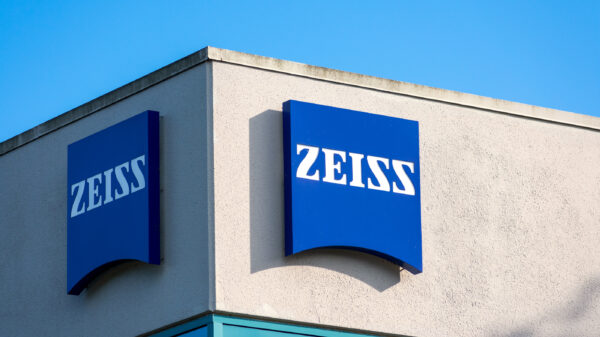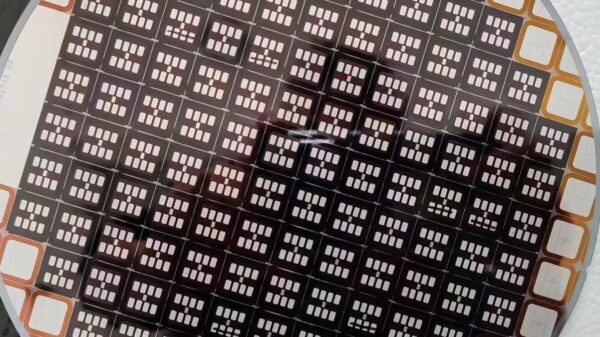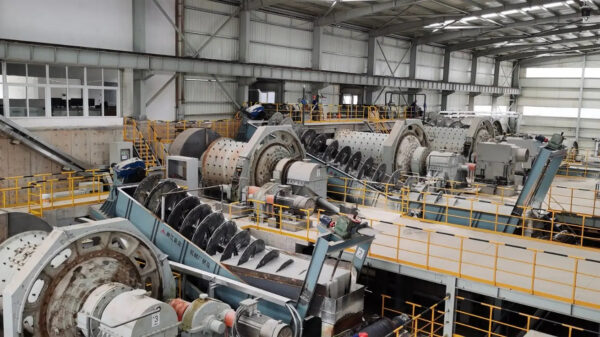On April 3rd, 2023, PwC Japan Group shared the results of a study on the impact of geopolitical risks on the semiconductor sector. They focused on the US-China conflict over Taiwan, a major semiconductor manufacturing hub. PwC identified three possible outcomes: 1) the US continues to restrict advanced semiconductors in China, 2) the US tightens its restrictions on China, and 3) China invades Taiwan. The most likely scenario is that the US keeps limiting China's access to cutting-edge semiconductors.
China depends on Taiwanese factories for advanced chips, as it lacks the expertise to make them. Despite efforts. . .






















